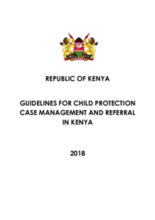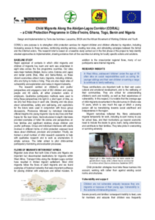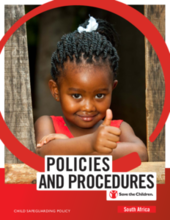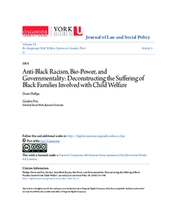Displaying 641 - 650 of 1759
This report looks at the nature and extent of the income and housing challenges faced by Tasmanian families who have had children removed by Child Safety Services, and the impacts those challenges may have on positive family reunification outcomes.
The guidelines for Case Management and Referral for Child Protection Systems in Kenya is a reference material to guide different actors on how to carry out comprehensive case management and referral and defines the role of the government, civil society organizations, the communities, the family and the child to complement each other.
This research brief is based on a baseline study carried out in the first phase of the Child Migrants Along the Abidjan-Lagos Corridor (CORAL) project to help identify situated approaches to implementation, drawing evidence from all five countries but aiming for locally specific actions and solutions.
This article explores current child protection services and programs in the United States and offers suggestions for development of new child protection programming to further meet the needs of vulnerable children.
This document includes protocols, procedures and guidelines for anyone within Save the Children South Africa to prevent and respond to child protection concerns when they arise.
This article examines the practice of child-centered principles in the UK child protection and public child law systems.
The Community Opportunity Map is a tool that allows users to see localized indicators connected to community health and maltreatment prevention.
This article focuses on how colonialism, anti-Black racism and white supremacy are embodied by Ontario’s child welfare system in relation to narratives of suffering experienced by Black families involved with this sector.
This book draws on archival, oral history and public policy sources to tell a history of foster care in Australia from the nineteenth century to the present day.
This volume is an effort to highlight best practices for children without parental care.






